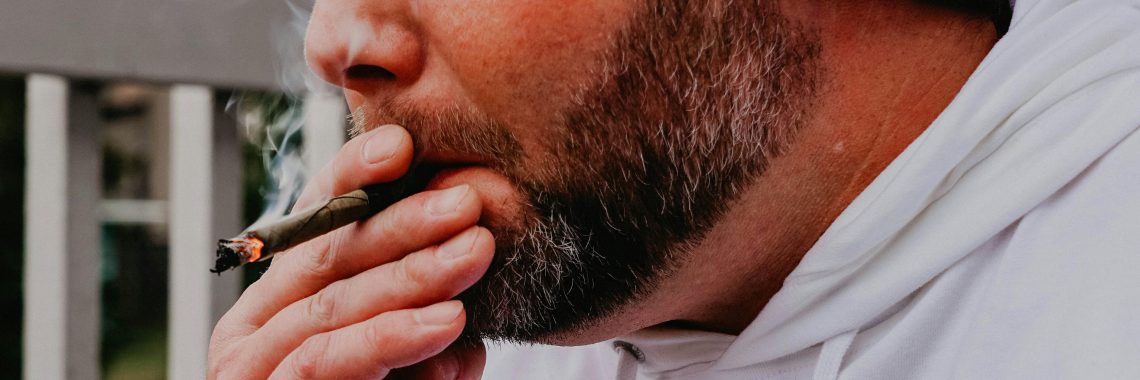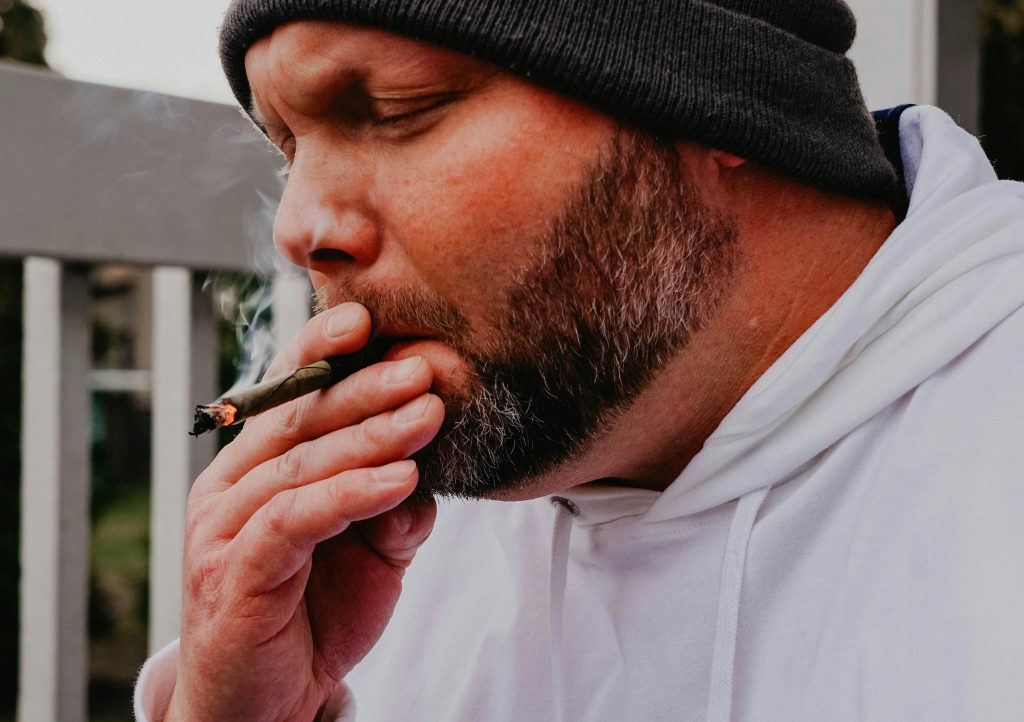Black Market Bud: Marijuana Legalization Isn’t Stopping Crime
Media outlets report that authorities in New York recently seized 2,000 pounds of illegal marijuana worth more than $5 million — all at a single, illicit operation.
Unfortunately, this is not an isolated incident. We have written before about criminal organizations manufacturing and selling illegal marijuana on the black market in states where marijuana sales are legal.
Instead of decreasing crime, marijuana legalization has actually emboldened drug cartels and increased the flow of illegal drugs across America. Arkansas State Police routinely confiscate illegal marijuana grown in other states.
Last year supporters spent more than $1.9 million on a flawed ballot measure to legalize recreational marijuana in Arkansas.
The proposal would have amended the Arkansas Constitution to give a handful of businesses a monopoly over marijuana in the state, and it would have removed restrictions that protect children from marijuana marketing. The proposal also failed to limit the amount of THC in marijuana products — which is a serious concern.
All of this would have meant more marijuana in Arkansas.
It’s worth noting that marijuana is tied to a host of health concerns. Science now links marijuana to various cancers, memory problems, birth defects, and deadly heart conditions — including heart attack, heart failure, and stroke. In fact, some researchers now say marijuana use doubles a person’s risk of death from heart disease.
All of this underscores what we have said for years: Marijuana may be many things, but “harmless” simply is not one of them.
Articles appearing on this website are written with the aid of Family Council’s researchers and writers.





